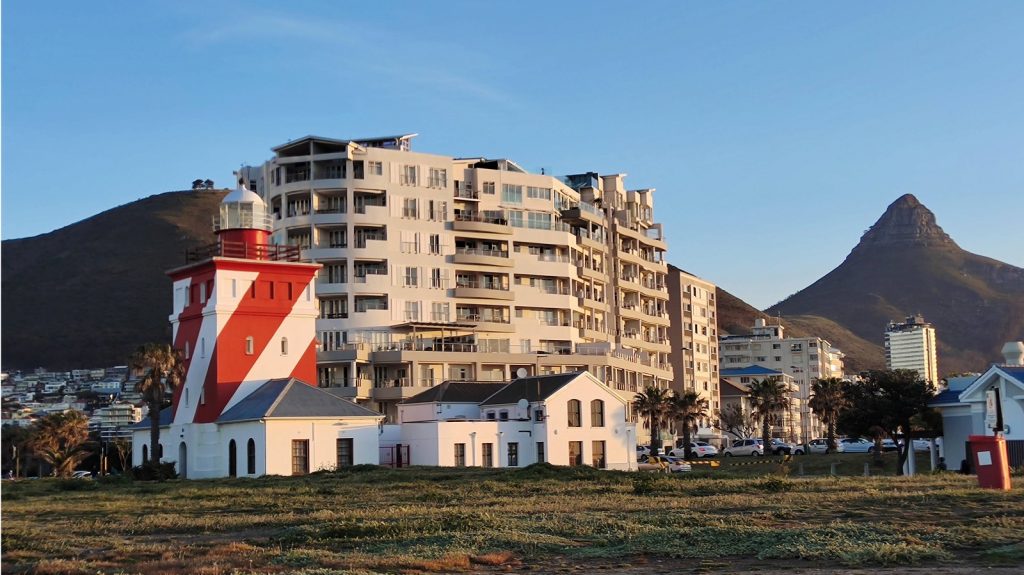The City of Cape Town Environmental Health Service has noted increased apathy and non-adherence to COVID-19 protocols among residents in the city.
Mayoral Committee Member for Community Services and Health, Councillor Dr Zahid Badroodien, made the observation. Badroodien released a statement on 28 October regarding fake news around lockdown.
No ad to show here.
“The City of Cape Town notes with concern a number of instant messaging voice notes doing the rounds, spreading fake news about a return to a hard lockdown being imminent, with resultant food shortages and super viruses that will cause even more devastation than COVID-19,” Badroodien says.
He says that the fake news spread through WhatsApp voice notes is common, but that they distract from the facts.
Badroodien debunks the notion that a return to hard lockdown is imminent. However, he goes on to warn about lax behavior regarding social distancing precautions.
The city is seeing an uptick in new cases of COVID-19, including a super-spreader event at the Tin Roof bar.
“Compared to September, when 2 292 cases were recorded in the metropole, there have been just over 3 000 cases thus far in October,” Badroodien says.
“The City’s Environmental Health Service, meanwhile, reports growing apathy and non-adherence to established COVID-19 protocols,” he adds.
Badroodien says that this includes a lack of social distancing and people not wearing masks. But he adds that businesses are also less stringent around implementing COVID-19 precautions.
“Our behaviour now will determine whether Cape Town is able to avoid a second wave of infections, or whether we will be severely curtailed once more in our movements and activities a few months down the line,” he says.
COVID-19 second wave in Cape Town and South Africa
Warnings of a second wave of the coronavirus pandemic in South Africa continue as local cases rise.
High-profile cases of COVID-19 infections have also made the news in recent weeks. This includes Health Minister Dr Zweli Mkhize and his wife testing positive for COVID-19 in October.
Meanwhile, President Cyril Ramaphosa began a period of self-quarantine following exposure to someone with the virus.
Feature image: Megan Ellis/Memeburn
Read more: Here’s the updated list of high-risk countries for South Africa
